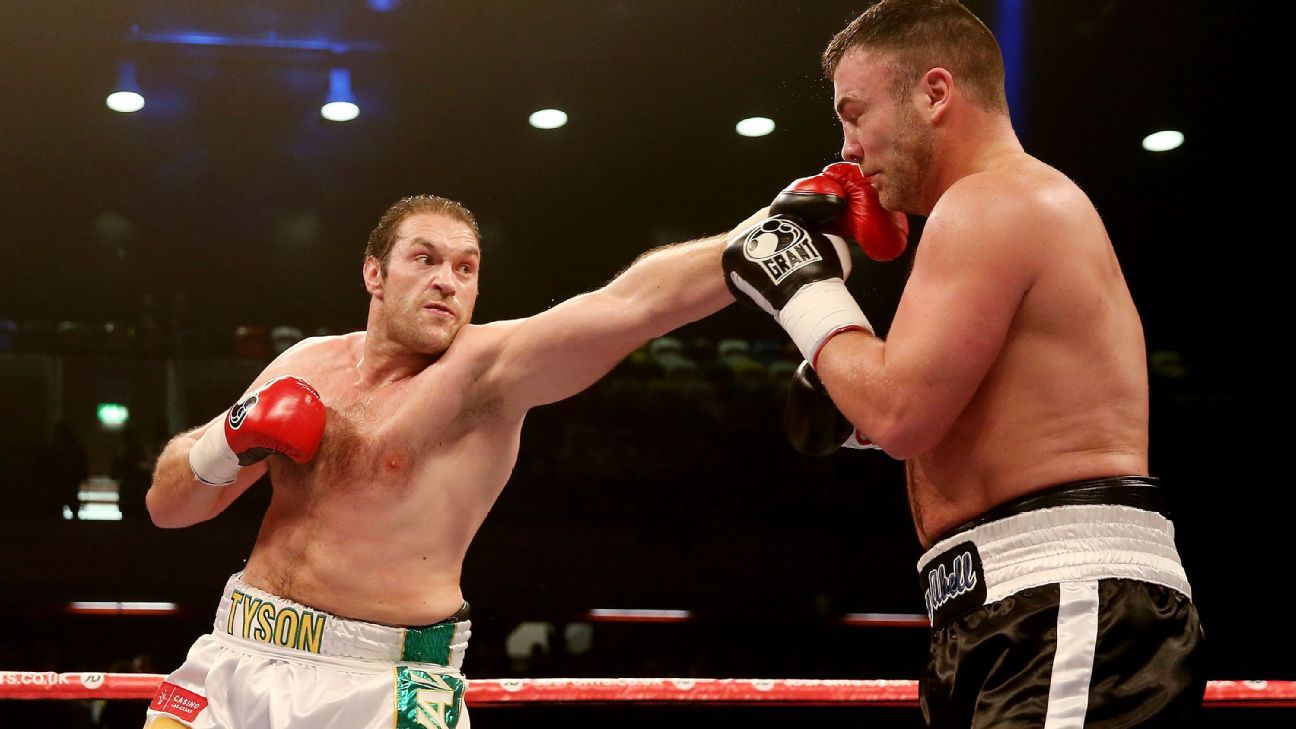
The Unscripted Exit: Unpacking Unexpected Football Retirements
In the grand theatre of professional football, where careers are often meticulously planned, contracts negotiated years in advance, and every move scrutinized by millions, the sudden, unscripted exit is perhaps the most jarring plot twist. For fans, it’s a moment of collective bewilderment; for clubs, a logistical nightmare; and for the players themselves, a deeply personal decision often made away from the glare of the floodlights. While the romantic notion of a player retiring gracefully after a long, illustrious career, perhaps with a testimonial match and a final lap of honour, remains a cherished ideal, the reality is that many footballers step away from the beautiful game far earlier than anticipated, leaving behind a trail of unanswered questions and lingering what-ifs.
These unexpected retirements, often announced abruptly, challenge the perception of football as a perpetually glamorous and fulfilling pursuit. They serve as stark reminders that beneath the multi-million-pound contracts and global superstardom lies a human being grappling with the same vulnerabilities, pressures, and life choices as anyone else, albeit amplified by an unforgiving spotlight. This article delves into the multifaceted reasons behind these sudden departures, exploring the physical, mental, and personal tolls that can lead even the most celebrated athletes to hang up their boots prematurely.
The Body’s Betrayal: Chronic Injuries
Perhaps the most immediately comprehensible reason for an unexpected retirement is the relentless toll of physical injuries. Football is a contact sport, and while modern medicine and rehabilitation have extended many careers, some bodies simply cannot withstand the continuous strain. For certain players, a single, catastrophic injury can be career-ending, but more often, it’s the accumulation of nagging issues, the constant pain, and the endless cycle of recovery and relapse that ultimately forces a decision.
Marco van Basten stands as a poignant historical example. A Dutch striker of unparalleled grace and predatory instinct, he was arguably the best in the world in the late 1980s and early 1990s. Yet, a persistent ankle injury, exacerbated by multiple surgeries and a return to action too soon, ultimately forced him to retire at just 28 years old in 1995. His last professional game was in 1993, two years before his official announcement, a testament to the protracted battle he fought. Van Basten’s case highlights how an injury can effectively end a career long before the player is ready to admit defeat, with the formal announcement often coming only after all hope of recovery has faded.
Similarly, the career of England defender Ledley King was a testament to his immense talent and mental fortitude, but also a tragic illustration of chronic injury. Known for his effortless defending, King played most of his career with a chronic knee condition that prevented him from training regularly. He often played matches without being able to participate in full training sessions for weeks. Despite his brilliance, the constant pain and inability to consistently perform at his peak led him to retire at 31, an age when many central defenders are still in their prime. His story underscores the silent, grinding battle many players face, where every match is a physical ordeal, and the quality of life outside football diminishes rapidly.
The Mind’s Unseen Battles: Mental Health and Burnout
While physical injuries are tangible and often visible, the battles fought within a player’s mind are far less apparent, yet equally, if not more, debilitating. The intense pressure to perform, the constant public scrutiny, the isolation of life in a football bubble, and the relentless travel schedule can combine to create a perfect storm for mental health issues and profound burnout. For decades, mental health in sports was a taboo subject, but increasingly, players are bravely stepping forward to share their struggles, leading to more understanding, if still shocking, retirements.
The case of German midfielder Sebastian Deisler is particularly heartbreaking. Heralded as the future of German football in the early 2000s, Deisler was a prodigious talent whose career was plagued by a series of severe knee injuries. However, it was the accompanying depression and mental exhaustion that truly derailed his path. After battling the illness for years, he retired at the shockingly young age of 27 in 2007, stating simply that he no longer had "the necessary confidence" in his knee or his mind. His decision sent shockwaves through the football world, forcing a rare public conversation about the immense psychological burden placed on young athletes.
More recently, André Schürrle, a World Cup winner with Germany in 2014, announced his retirement at just 29 years old in 2020. Schürrle was still a relatively young player with a respectable career behind him, having played for top clubs like Chelsea and Borussia Dortmund. His statement cited the "loneliness" and "ruthless competition" of the industry. He spoke candidly about the constant need to "play a certain role" and the exhaustion of trying to meet ever-higher expectations. His decision, while surprising to many, highlighted the emotional toll of a career lived under constant pressure, where the joy of the game can be slowly eroded by its professional demands. Schürrle’s candour resonated deeply, revealing the often-unseen struggles beneath the surface of success.
A Shift in Priorities: Family, Personal Life, and New Horizons
Footballers, like all people, have lives beyond the pitch. For some, the demanding schedule, the constant travel, and the immense public profile eventually become incompatible with their personal aspirations, family commitments, or a simple desire for a more "normal" existence. These decisions are often driven by a profound re-evaluation of what truly matters, even if it means stepping away from a lucrative and celebrated career.
Philipp Lahm, the iconic captain of Bayern Munich and Germany’s 2014 World Cup-winning squad, provided one of the most surprising recent examples. Widely regarded as one of the best full-backs of his generation, Lahm was still performing at an elite level when he announced his retirement in 2017 at the age of 33. While 33 isn’t exceptionally young, Lahm was still a vital player for his club and country, and many expected him to continue for several more seasons. His reasoning was simple: he felt it was the right time, desiring to spend more time with his family and pursue new ventures outside of football. His decision, made without a preceding decline in form or major injury, highlighted a player who had achieved everything and simply chose to prioritize his personal life over extending his career.
Another powerful example is Eric Cantona. The enigmatic French forward, who transformed Manchester United in the 1990s with his flair, passion, and unique charisma, shocked the football world by retiring in 1997 at the age of 30. Still at the peak of his powers, Cantona simply declared that he had "lost the passion for the game." He had achieved everything he wanted in football and felt it was time to move on to other creative pursuits, notably acting and art. His decision was a profound statement about the ephemeral nature of passion and the right of an individual to define their own path, even if it defies conventional expectations.
Financial Security and Strategic Exits
While less common as the sole reason for an unexpected early retirement, financial security can play a subtle, underlying role. For players who have achieved significant wealth early in their careers, the relentless grind and physical demands of the game might simply no longer justify the effort once their financial future is secured. The burning ambition that drives many to the top can diminish once the primary objectives – titles, recognition, and wealth – have been achieved.
In some rare instances, a player might also choose a strategic exit. This could involve stepping away to protect their legacy, avoiding a potential decline in form, or transitioning into another role within football (e.g., coaching or punditry) or an entirely different industry. While not always framed as "unexpected," some players might choose to leave before they are pushed, maintaining an air of control over their narrative.
The Evolving Landscape: A New Understanding
In recent years, there has been a noticeable shift in how unexpected retirements are perceived. The increased openness surrounding mental health, greater awareness of player welfare, and a general humanization of athletes have led to more empathy and understanding from fans and the media. The narrative is slowly moving away from simple disappointment towards a recognition of the complex pressures footballers face.
Clubs and governing bodies are also beginning to implement better support systems, including psychological services and career transition programs, to help players navigate the immense challenges of professional sport and the difficult transition out of it. The dream of playing football professionally is shared by millions, but the reality is a high-pressure, high-stakes environment that demands extraordinary sacrifice.
Conclusion: Beyond the Fairytale
Unexpected football retirements shatter the illusion of an athlete’s life as a perpetual highlight reel. They serve as a powerful reminder that behind the dazzling skills and celebratory moments are individuals grappling with physical pain, mental exhaustion, personal dilemmas, and the profound challenge of finding purpose beyond the game.
These unscripted exits are not failures but often courageous acts of self-preservation and authenticity. They force us to look beyond the statistics and the transfer fees, to acknowledge the human cost of elite sport. As the game continues to evolve, so too must our understanding and empathy for those who, for reasons often deeply personal and complex, choose to step off the grand stage long before the final curtain call. Their stories, though surprising, offer invaluable insights into the true demands of professional football and the profound decisions faced by those who live it.



